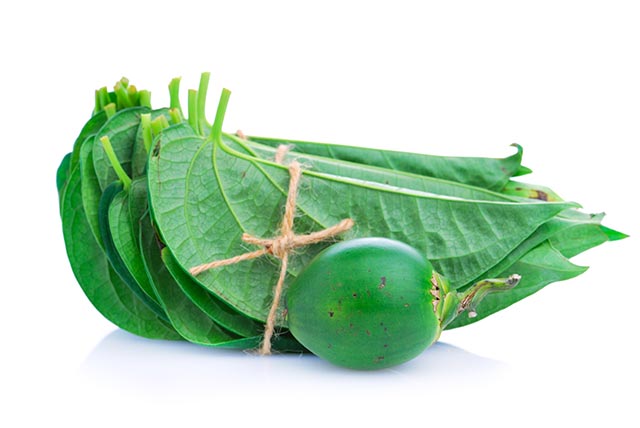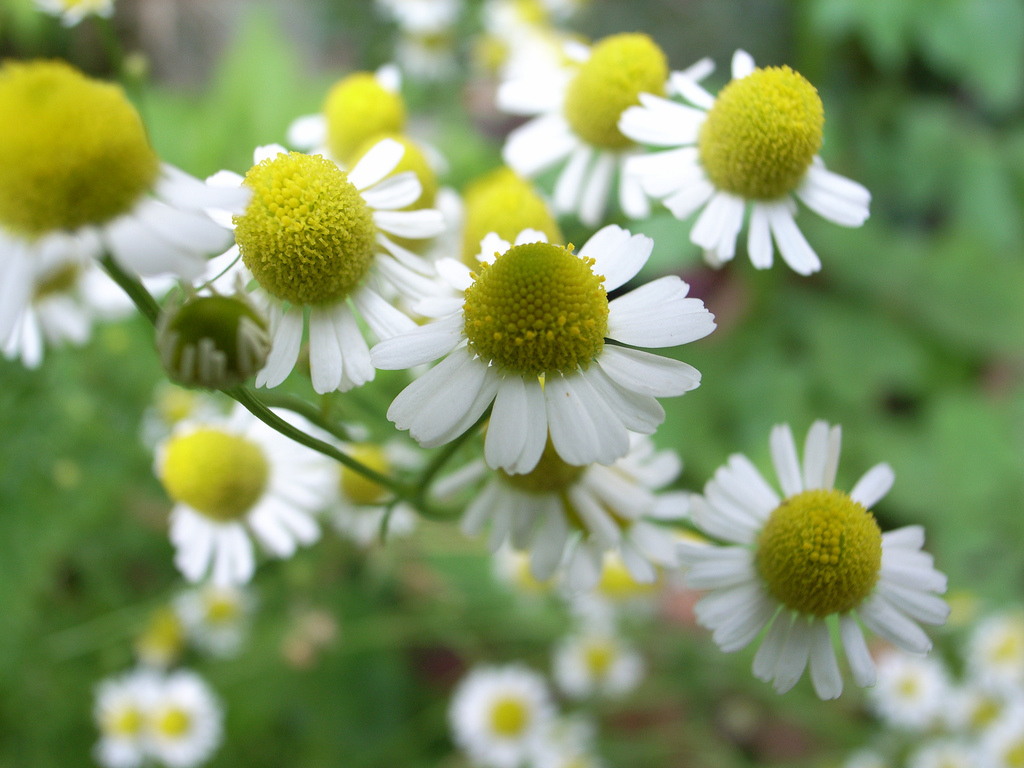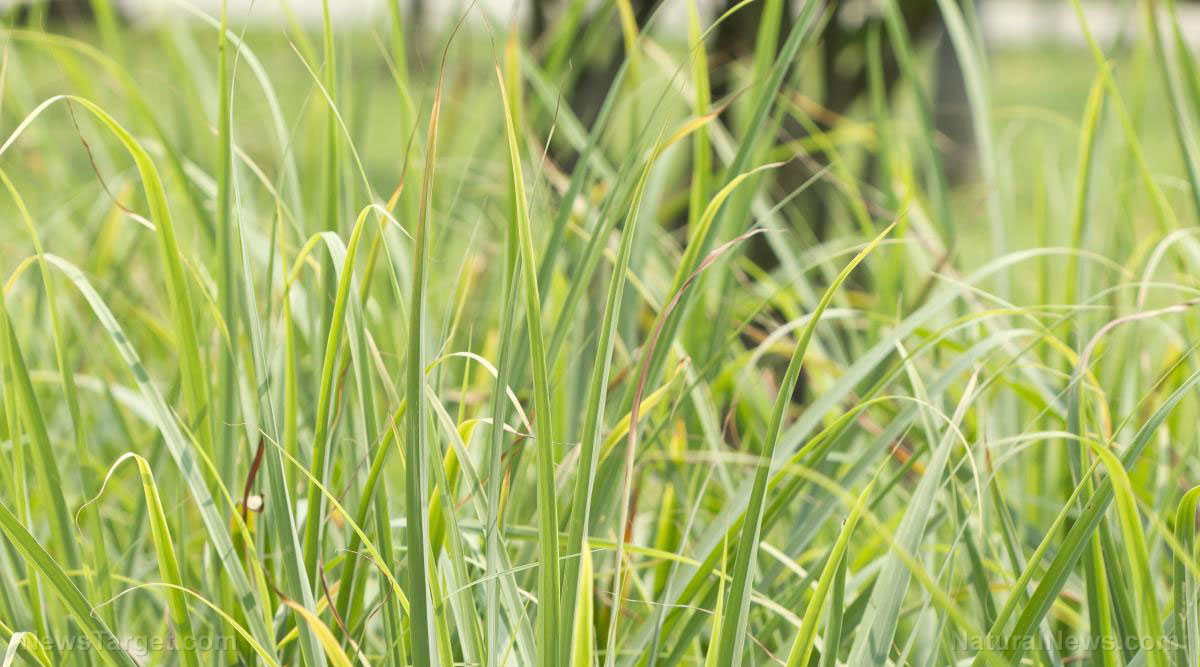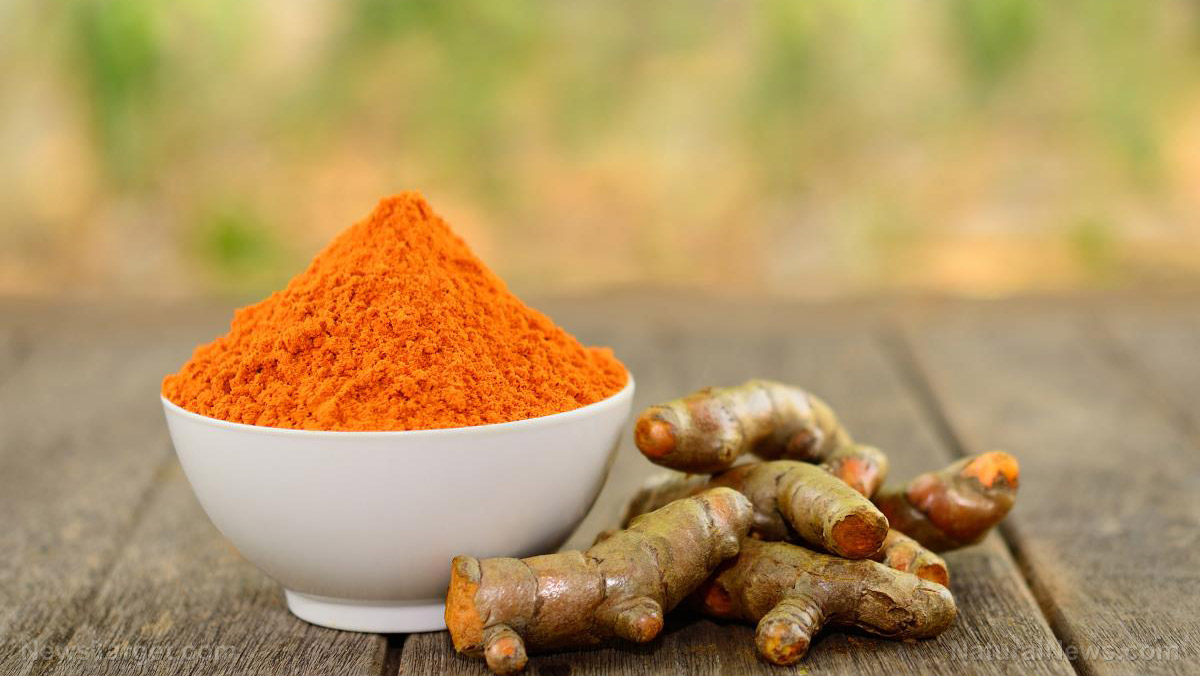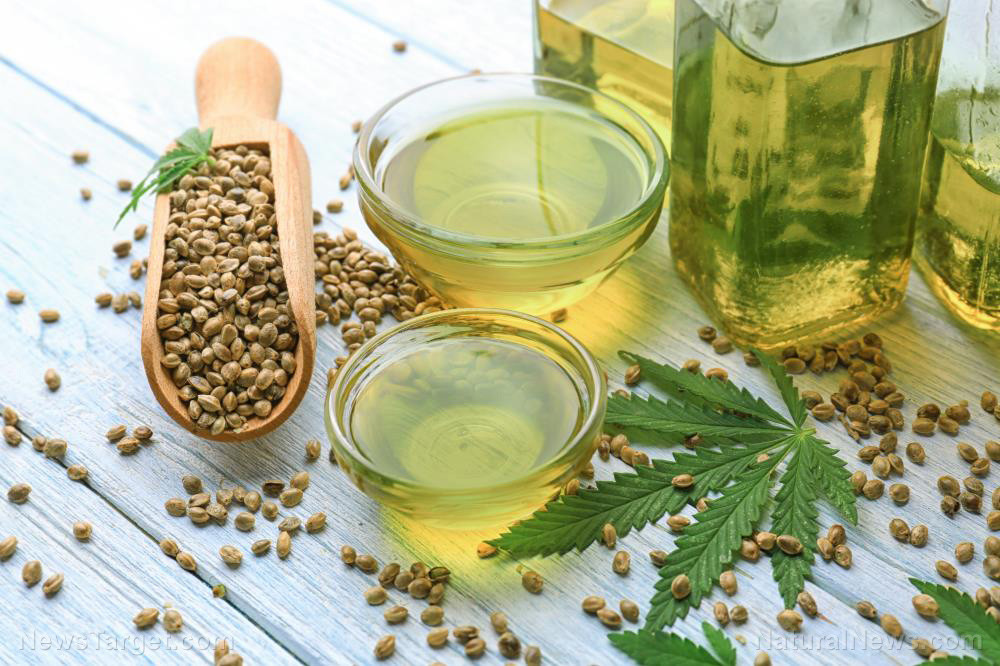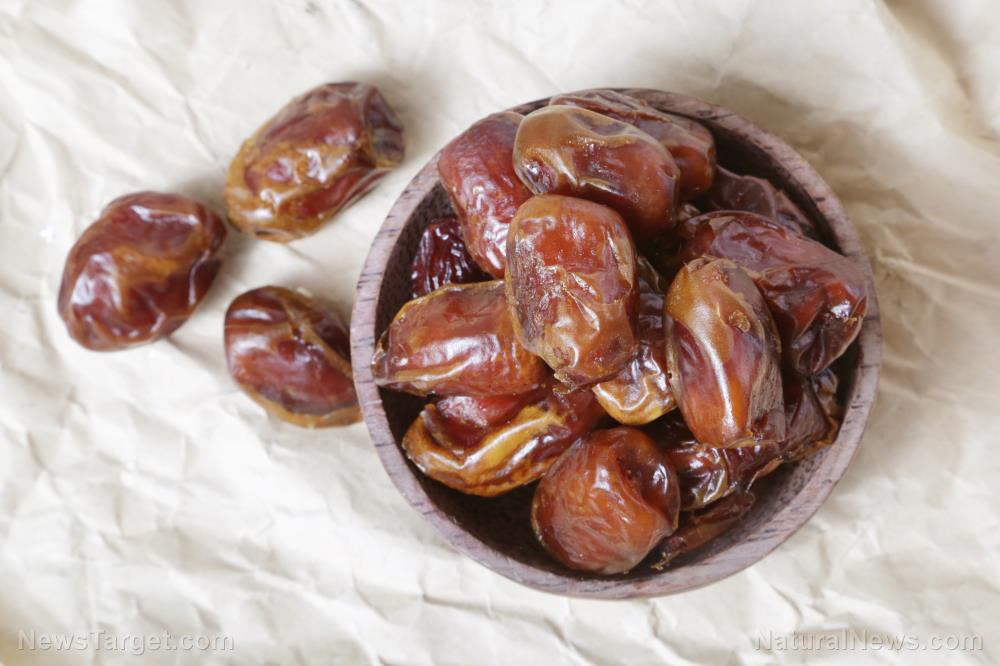Common desert shrub found to exhibit potent anti-parasitic activity
12/26/2018 / By Ellaine Castillo
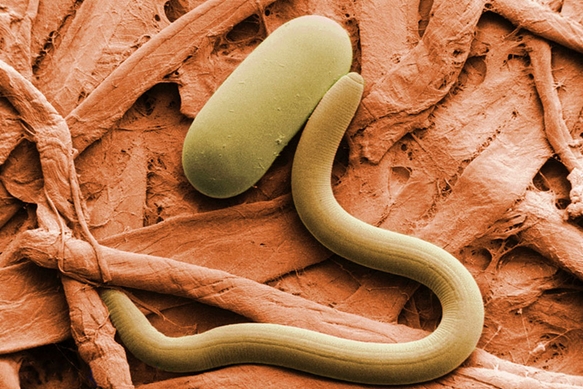
Plants are constantly exposed to the threat of various parasites, so they have adapted mechanisms through which they can prevent infestations. Most plants produce anti-parasitic compounds that continue to induce their effects even when used by humans, so they have potential use as natural remedies for parasite-related diseases like giardiasis and encephalitis. Researchers from the University of Colorado Anschutz Medical Campus and the University of California San Diego recently found one plant with anti-parasitic potential in the creosote bush (Larrea tridentata).
Native Americans commonly used the creosote bush, which is a tough evergreen bush found in the American Southwest, as a traditional medicine for various diseases. Some examples of the ailments it was used for include fever, colds, pains, arthritis, sinusitis, anemia, and diarrhea. These applications are possible due to the presence of different bioactive compounds. Among these, nordihydroguaiaretic acid (NDGA) was considered the main active ingredient since it is effective against viruses, bacteria, inflammation, and even cancer.
In this study, which was published in the journal PLOS Neglected Tropical Diseases, the researchers evaluated the anti-parasitic potential of different compounds in the creosote bush, including NDGA. They found that this substance exhibits potent anti-parasitic activity against two of the most deadly parasites in the world, Giardia lamblia and Naegleria fowleri. The former, which is commonly acquired from contaminated water or food, causes a diarrheal illness called giardiasis that is very common but rarely lethal in the U.S.
Mother Nature's micronutrient secret: Organic Broccoli Sprout Capsules now available, delivering 280mg of high-density nutrition, including the extraordinary "sulforaphane" and "glucosinolate" nutrients found only in cruciferous healing foods. Every lot laboratory tested. See availability here.
Similarly, primary amoebic meningoencephalitis caused by the brain-eating amoeba N. fowleri is rare, but most people who get this infection have low chances of surviving since it causes significant damage to the brain. This highlights the need for treatments that effectively get rid of N. fowleri and other parasites.
The Centers for Disease Control and Prevention (CDC) gave special approval for the conventional encephalitis medication miltefosine to reduce mortality risk and prevent N. fowleri infections. However, this has not been approved by the Food and Drug Administration (FDA), so its safety is not 100 percent guaranteed.
According to Dr. Dan LaBarbera, associate professor of drug discovery and medicinal chemistry at the University of Colorado Anschutz Medical Campus and the lead author of the study, NDGA from creosote bush is a more effective anti-parasitic agent against N. fowleri than miltefosine. This proves that NDGA has potential use as a natural remedy against primary amoebic meningoencephalitis.
Overall, the results of this study show that natural products should be explored for their activity against parasites since they might prove to be safer and more effective than conventional treatments. (Related: Powerful herbs that treat parasite infections.)
Other natural remedies against parasitic infections
Hundreds of plants have shown therapeutic potential against parasitic infections. Some examples of these include the following:
- Black walnut — Juglone is a compound found in black walnut that is effective against various microbes. Once these pathogens have been killed, the laxative effect of black walnut then helps remove them from the body, so they don’t build up in the digestive tract.
- Sweet wormwood — This bitter herb is great against parasitic infections since it also has anti-inflammatory properties that can soothe damaged tissues.
- Garlic — Garlic is one of the most famous and widely used natural remedies for parasitic infections. It contains an antimicrobial compound called allicin that is released when garlic is smashed or chopped.
- Pumpkin seeds — Parasitic infections in the gastrointestinal tract can be remedied with pumpkin seeds, which contain large amounts of zinc and B vitamins that boost the immune system.
For more articles about natural remedies against parasitic infections, visit NaturalCures.news.
Sources include:
Tagged Under: anti-parasitic, creosote bush, encephalitis, Giardia lamblia, giardiasis, Herbs, Larrea tridentata, miltefosine, Naegleria fowleri, natural cures, natural medicine, natural remedies, NDGA, nordihydroguaiaretic acid, parasites, remedies

